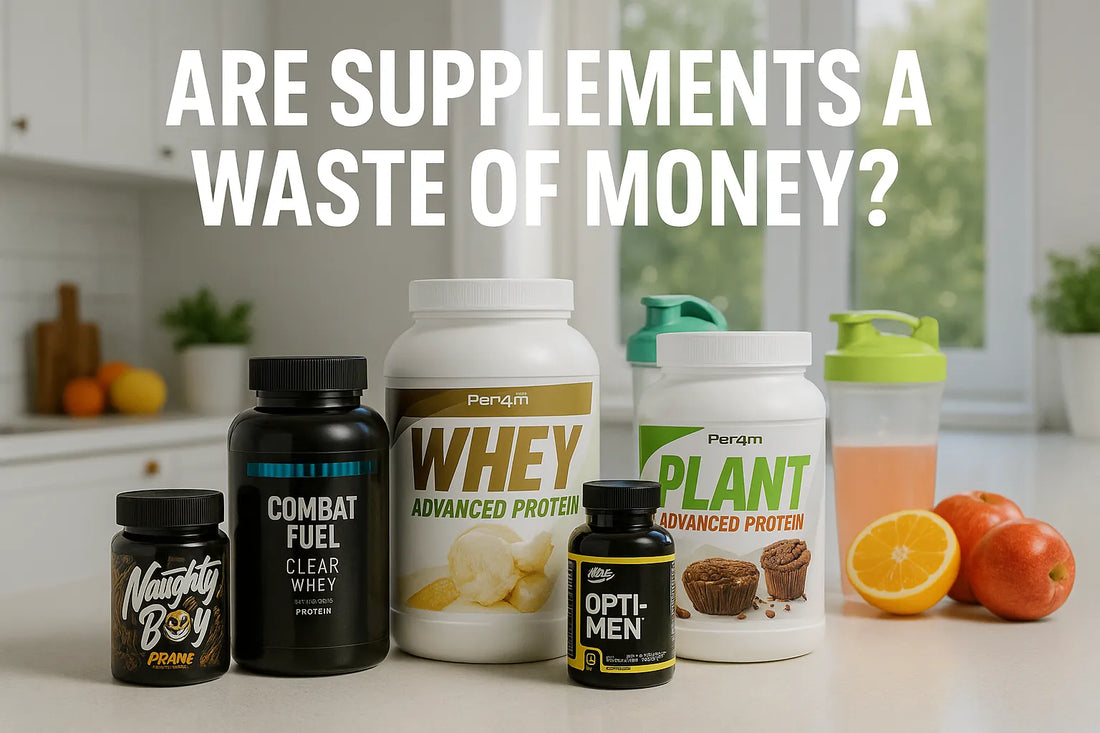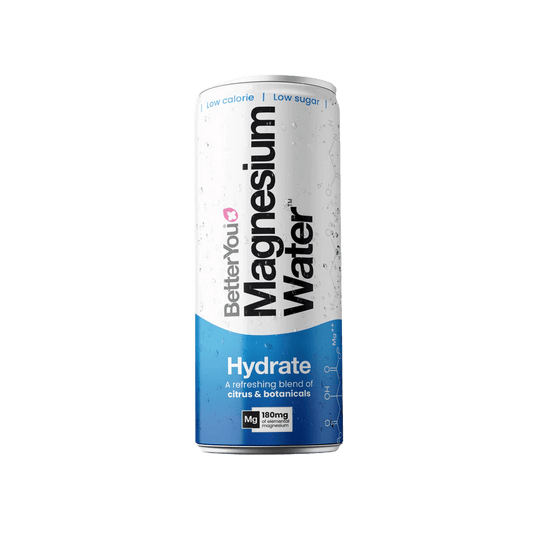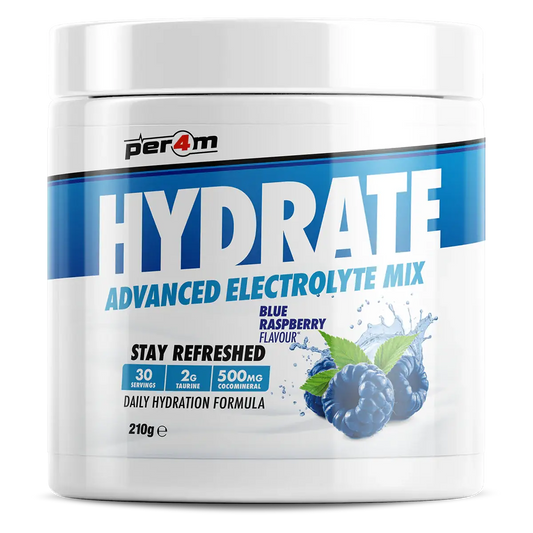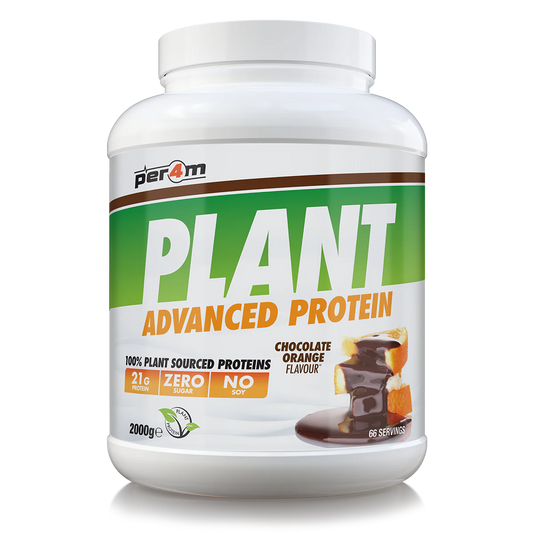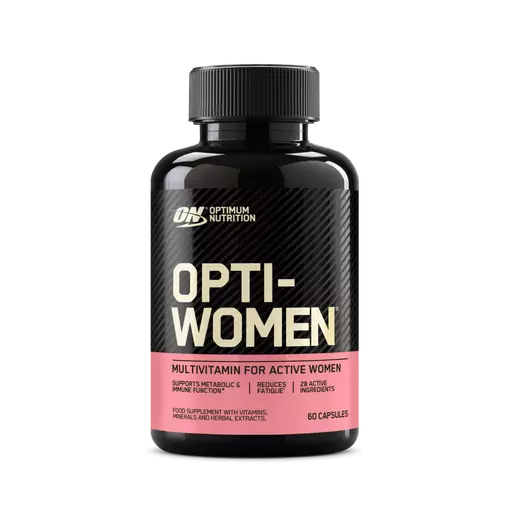Introduction: The Love–Hate Relationship With Supplements
Walk into any gym and you’ll hear two extremes. On one end, people swear by their supplements — protein shakes, creatine tubs, electrolytes, capsules — all seen as vital tools in their progress. On the other, cynics roll their eyes and mutter, “It’s all a scam, just eat real food.”
Both camps have a point. Supplements can absolutely be a waste of money — if you’re blindly buying whatever your favourite influencer flashes on Instagram, or if you expect them to do the heavy lifting for you. But to dismiss them altogether is to ignore decades of sports nutrition research and the very real benefits that the right products can bring.
The question isn’t “are supplements good or bad?” It’s “which ones are worth it, how should you use them, and when are they a genuine waste?”
In this article, we’ll break it down — using only the products stocked at Uncle Gym, so you know you’re getting real examples and not made-up hype. From Combat Fuel Clear Whey to Naughty Boy Prime Creatine, from multivitamins like Optimum Nutrition Opti-Men/Opti-Women to hydration mixes such as Per4m Hydrate, we’ll unpack the truth about value, performance, and whether supplements are your secret weapon or your biggest waste of cash.

Which Supplements Are Actually Worth Taking?
If you strip back the noise, there are only a handful of supplements backed by strong evidence. They don’t promise miracles, but they deliver consistent, measurable benefits.
1. Protein Powders
Protein is the foundation of muscle repair and growth. Without enough of it, your training results stall. Sure, you can get protein from chicken, fish, eggs, beans, and tofu. But for most busy people, hitting 120–180g of protein every single day without help is challenging. That’s where protein powders earn their keep.
-
Combat Fuel Clear Whey – A lighter, juice-like protein shake that feels refreshing rather than heavy. Great for summer, post-cardio, or anyone who struggles with milky textures.
-
Naughty Boy Whey – The opposite end of the spectrum: creamy, indulgent, dessert-style protein shakes. Think comfort food that still supports recovery.
-
Per4m Advanced Whey – A smooth, versatile blend that mixes well in oats, pancakes, or just a shaker.
-
Per4m Plant Protein – A fully vegan option for those avoiding dairy, without sacrificing flavour.
What makes protein powders worth it? Convenience and consistency. For less than the price of a coffee, you get a reliable 20–25g hit of protein in seconds.
2. Creatine
If there’s a king of supplements, it’s creatine. It’s one of the most researched ergogenic aids ever, with hundreds of studies proving its role in boosting strength, recovery, and even cognitive performance.
At Uncle Gym, Naughty Boy Prime Creatine takes centre stage. A simple scoop provides enough daily creatine to saturate your muscles, helping you lift heavier, recover faster, and maintain lean muscle mass even during diet phases.
It’s inexpensive (often pennies per serving) and effective. If you only ever bought one supplement, creatine should probably be it.
3. Electrolytes & Hydration
Hydration isn’t just about water — it’s about balance. Sweat carries away sodium, potassium, magnesium, and calcium, and when you don’t replace them, performance suffers. That’s why electrolytes are often the difference between dragging through a workout and feeling switched on.
-
Per4m Hydrate Electrolyte Mix – Easy to add to your water bottle, ensuring you replace what you lose in sweat.
-
BetterYou Magnesium Water – A quick way to boost one of the minerals most people underconsume.
Electrolytes are particularly valuable if you do longer sessions, train in the heat, or sweat heavily. They’re not hype; they’re simple physiology.
4. Multivitamins
Multivitamins aren’t glamorous, but they’re quietly effective. In the UK, deficiencies in vitamin D, magnesium, and iron are surprisingly common. That’s where Optimum Nutrition Opti-Men and Opti-Women come in.
They’re designed as nutritional insurance — a way to fill gaps rather than transform your health overnight. If your diet is flawless, you may not need them. But if you’re like most of us, they’re worth the small daily investment.
Do We Really Need Supplements?
Strictly speaking, no. You can thrive without ever touching a scoop of whey or a capsule of creatine. But here’s the reality: modern life makes it difficult to get everything you need from food alone.
-
Busy jobs mean meals get skipped.
-
Limited sunlight in the UK means widespread vitamin D deficiency.
-
Convenience foods often lack the micronutrient density of whole foods.
Supplements aren’t replacements — they’re safety nets. They ensure that when your diet falls short, your progress doesn’t. For example:
-
Training after work but dinner’s two hours away? A Combat Fuel Clear Whey shake bridges the gap.
-
Cutting calories but trying to hold onto strength? Naughty Boy Prime Creatine supports recovery.
-
Feeling drained during summer runs? A scoop of Per4m Hydrate keeps you going.
You may not need supplements, but for most people, they make training and nutrition far more manageable.

Are Multivitamins Worth It in the UK?
This is one of the most debated questions. Critics argue that multivitamins are “expensive pee.” Advocates say they’re crucial in covering the gaps of modern diets.
The truth? Both are right, depending on the context.
-
If you eat a varied diet rich in whole foods, you may not benefit much.
-
If you’re deficient (which many are without realising), multivitamins are a cheap fix.
UK-specific issues include:
-
Vitamin D: low sunlight exposure makes deficiency common.
-
Magnesium: depleted soils mean even whole foods can lack this mineral.
-
Iron: especially low in women with lower red meat intake.
This is where Opti-Men and Opti-Women are smart investments. They won’t suddenly supercharge your energy, but they quietly cover you, ensuring you’re not training with hidden deficiencies holding you back.
Is It a Waste to Take Supplements?
Supplements become a waste in three scenarios:
-
You buy the wrong ones. Trendy “detox teas,” overpriced greens powders, and miracle fat burners rarely live up to claims.
-
You don’t use them consistently. Skipping creatine every other day or forgetting your multivitamin undermines the whole point.
-
You expect too much. No supplement replaces hard training, proper nutrition, or sleep.
But when you stick to the evidence-backed essentials — protein, creatine, electrolytes, multivitamins — they’re far from a waste. They’re smart tools that improve recovery, consistency, and results, all at relatively low daily costs.

Are Supplements a Waste of Money? (Part 2)
Is There a Downside to Supplements?
Every coin has two sides, and supplements aren’t immune.
-
False Expectations — The biggest downside isn’t physical; it’s psychological. People expect one tub of protein or a fat burner to undo months of skipped workouts. When that doesn’t happen, they call supplements a scam.
-
Overconsumption — More isn’t always better. Taking 10 different powders can strain your wallet and, in rare cases, your liver or kidneys.
-
Poor Quality Products — Not all supplements are equal. Some are underdosed, use filler ingredients, or cut corners in manufacturing. Sticking to trusted brands like Optimum Nutrition, Naughty Boy, Per4m, and Combat Fuel eliminates most of this risk.
-
Unnecessary Stacking — If you’re already eating 180g of protein daily, adding three shakes on top is a waste. Supplements should fill gaps, not overflow them.
How Do I Know If My Supplements Are Good Quality in the UK?
The supplement industry can feel like the Wild West, but there are easy checks:
-
Look for testing and certifications. Optimum Nutrition, for example, is Informed-Choice tested, meaning athletes can trust it’s free from banned substances.
-
Check transparency. Are the ingredients clearly listed with dosages? Naughty Boy Prime Creatine doesn’t hide behind “proprietary blends.”
-
Reputation matters. Combat Fuel Clear Whey and Per4m Advanced Whey are stocked across the UK because they consistently deliver quality.
-
Avoid too-good-to-be-true claims. If a supplement promises overnight fat loss or 10lbs of muscle in a week, it’s marketing fluff.
Buying from trusted retailers like Uncle Gym ensures you’re not gambling on shady imports.
Is It Bad to Take Vitamins If You’re Not Deficient?
This is where nuance is key.
-
Taking a multivitamin when you don’t need it isn’t bad — your body usually excretes the excess.
-
But megadosing (e.g., 10x the RDA of vitamin A) can be harmful.
Multivitamins like Opti-Men and Opti-Women are designed to be balanced, safe, and within healthy ranges. They’re about insurance, not overload.
Are Supplements Bad for Your Liver?
This is a common fear, often fuelled by scare stories.
The truth: supplements like protein powders, creatine, and multivitamins don’t harm your liver when used correctly. Problems arise when people overuse stimulants, unregulated fat burners, or dodgy imported products.
-
Creatine — once wrongly accused of kidney damage — has been proven safe in healthy individuals, even with long-term use.
-
Protein shakes aren’t dangerous to your liver; they’re just concentrated food.
-
Multivitamins are harmless if taken at the correct dose.
The key: don’t exceed recommended dosages, and buy from reputable brands.

Is Creatine Actually Worth Taking?
Yes — and it deserves its own spotlight.
Creatine is arguably the best pound-for-pound supplement ever made. For the price of a sandwich per month, you get:
-
Increased strength and power
-
Faster recovery
-
Improved muscle fullness
-
Emerging cognitive benefits
Naughty Boy Prime Creatine is a perfect example: no gimmicks, no flavours, just pure creatine monohydrate that works. It’s not a waste — it’s the smartest investment most gym-goers can make.
Should You Cycle Off of Creatine?
Old-school advice suggested cycling creatine (8 weeks on, 4 weeks off) to avoid your body “getting used to it.” Research now shows this isn’t necessary.
Creatine works by saturating your muscles with higher-than-normal levels. Once that’s achieved, maintaining daily intake keeps levels optimal. There’s no evidence your body “stops responding” if you continue.
So the best approach? Take it daily, forever, with no need to stop.

So… Are Supplements a Waste of Money?
It depends on your mindset.
-
Yes, they’re a waste if you expect them to fix a poor diet, lack of sleep, or minimal effort in the gym.
-
No, they’re not a waste when you use the right ones, consistently, as tools to complement real food and training.
When you invest in proven essentials — protein powders, creatine, electrolytes, and multivitamins — you’re not wasting money. You’re buying convenience, consistency, and an edge that helps you perform and recover better.
Think of supplements like gym shoes. Do you need them? No. Can you perform better with them? Absolutely.
FAQ Section
1. Which supplements are a waste of money?
Detox teas, “miracle” fat burners, and overpriced greens powders with vague claims are usually not worth buying. Stick to protein, creatine, multivitamins, and electrolytes.
2. Do supplements actually help results?
Yes, but only when combined with good training, nutrition, and recovery. They amplify consistency — they don’t replace the basics.
3. Are protein shakes worth it if I already eat meat and eggs?
If you’re hitting your protein target from food, you may not need shakes. But most people find protein powders convenient for topping up.
4. Are fat burners worth it?
Most fat burners provide a small calorie-burning effect at best. They’re not magic solutions and can be a waste if your diet isn’t controlled.
5. Is creatine safe long-term?
Yes. Creatine monohydrate has decades of research proving its safety in healthy individuals.
6. Should I take supplements on rest days?
Yes — consistency is key. Creatine and multivitamins, for example, work best when taken daily, not just on training days.
7. How do I know if I need a multivitamin?
If your diet lacks variety, or you feel fatigued, it may help. Blood tests can confirm deficiencies like vitamin D or iron.
8. Are supplements bad for teenagers?
Not inherently, but food should always come first. Teenagers can safely use protein powders, creatine, and multivitamins under guidance.
9. Are supplements just hype pushed by influencers?
Some are, yes. But the staples backed by research — protein, creatine, electrolytes, multivitamins — are far from hype.
10. Are supplements cheaper in the long run than food?
Supplements don’t replace food, but they can be more cost-efficient. A protein shake often costs less than a high-protein meal.

